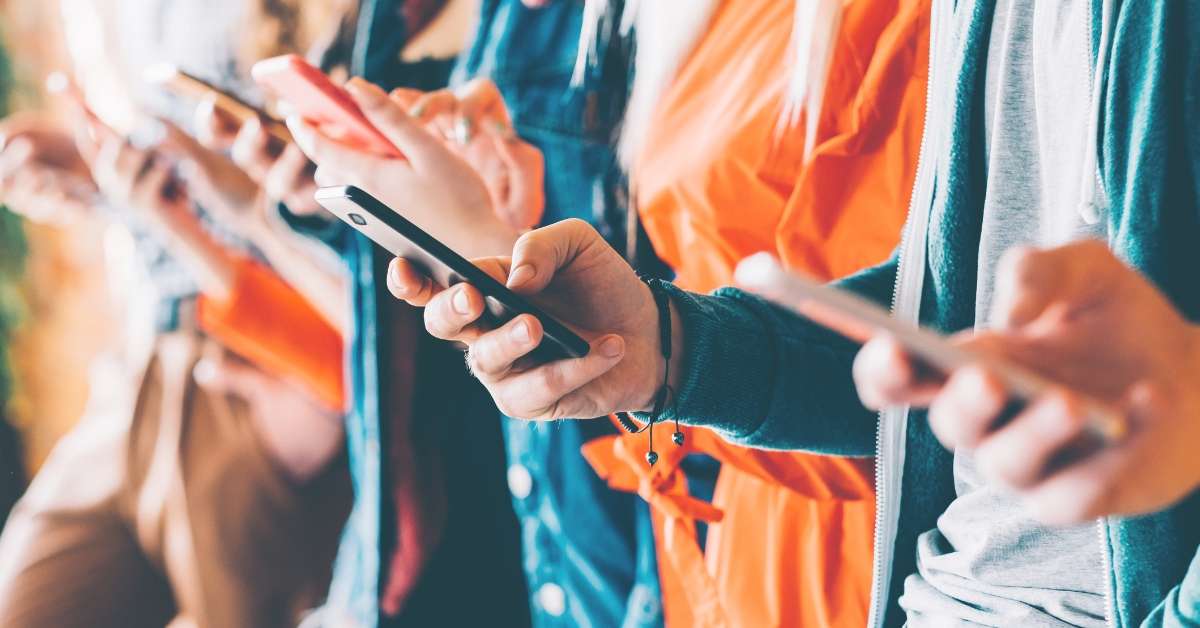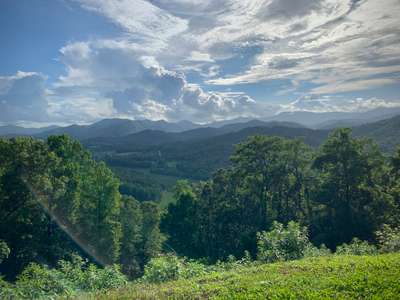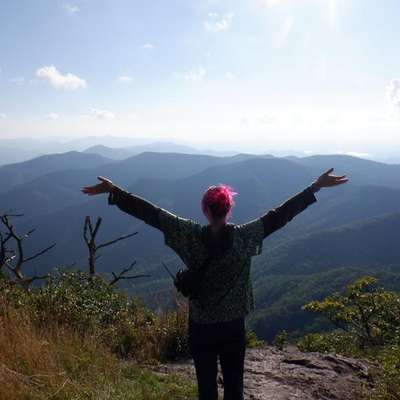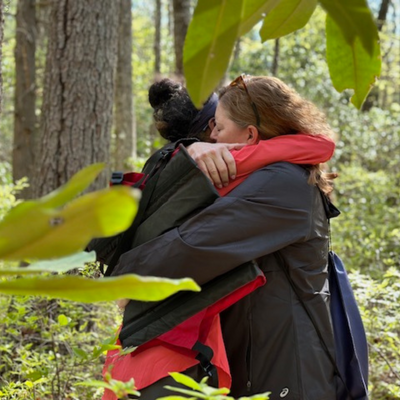Technology has become an indispensable part of life for people of all ages. While it offers immense advantages and convenience, excessive reliance on smart devices can lead to detrimental outcomes, such as technology addiction, compulsive internet browsing, and gaming fixation.
Adolescents are especially highly susceptible to the allure of screens, social media apps, video games, and online activities. Chronic overconsumption of these addictive platforms results in compromised social skills, academic performance, and overall well-being. A 2023 advisory issued by the Surgeon General exposed correlations between social media use and suicidal ideation, explaining that 95% of adolescents ages 13–17 use social media, with more than a third saying they use social media ‘almost constantly.’ Recent findings have also drawn attention to the relationship between social media addiction and suicidal ideation in teens (Pourmand et. al, 2019).
Acknowledging concerning trends in adolescent technology addiction, Blue Ridge Therapeutic Wilderness is committed to providing clinically sophisticated, evidence-based and individualized programming for teens grappling with low self esteem, poor body image, depression, suicidal ideation, anxiety and other issues perpetuated by social media and internet addiction. By facilitating a strengths-focused path towards emotional regulation and resilience in a wilderness setting, our program empowers students to break free from obsessive technology usage and rediscover the possibilities of real-time interconnectivity. This blog will explain the distinctive, empirical and pragmatic approaches Blue Ridge offers to combat technology addiction and excessive screen time in young people.
